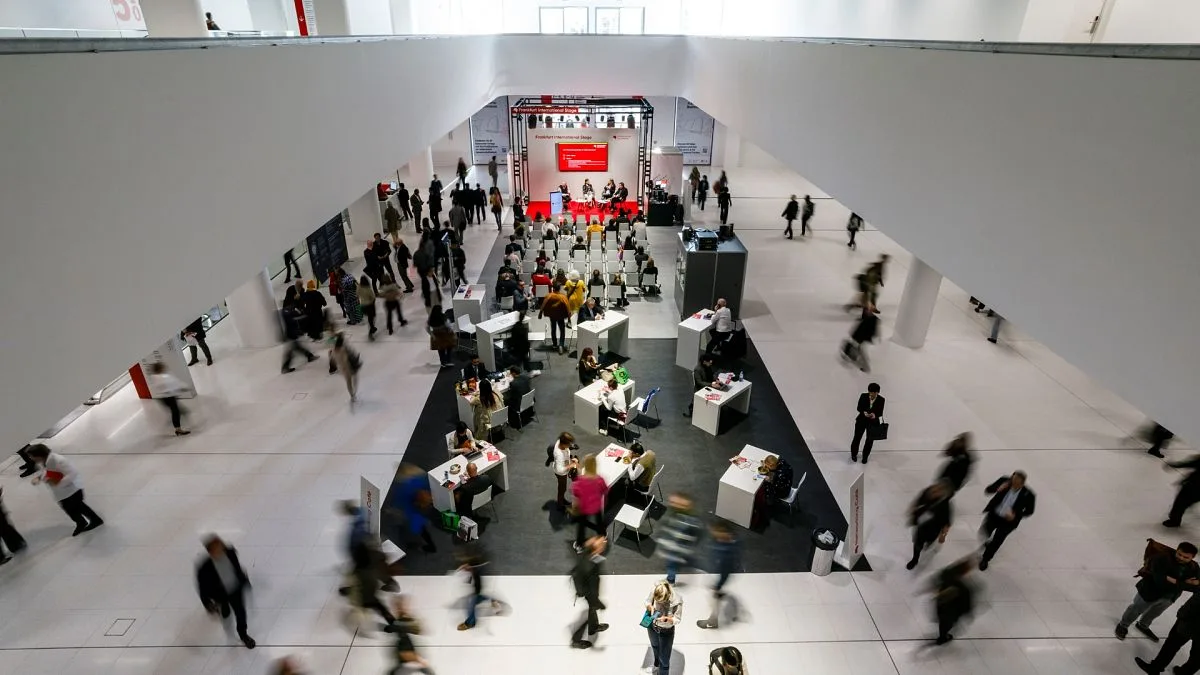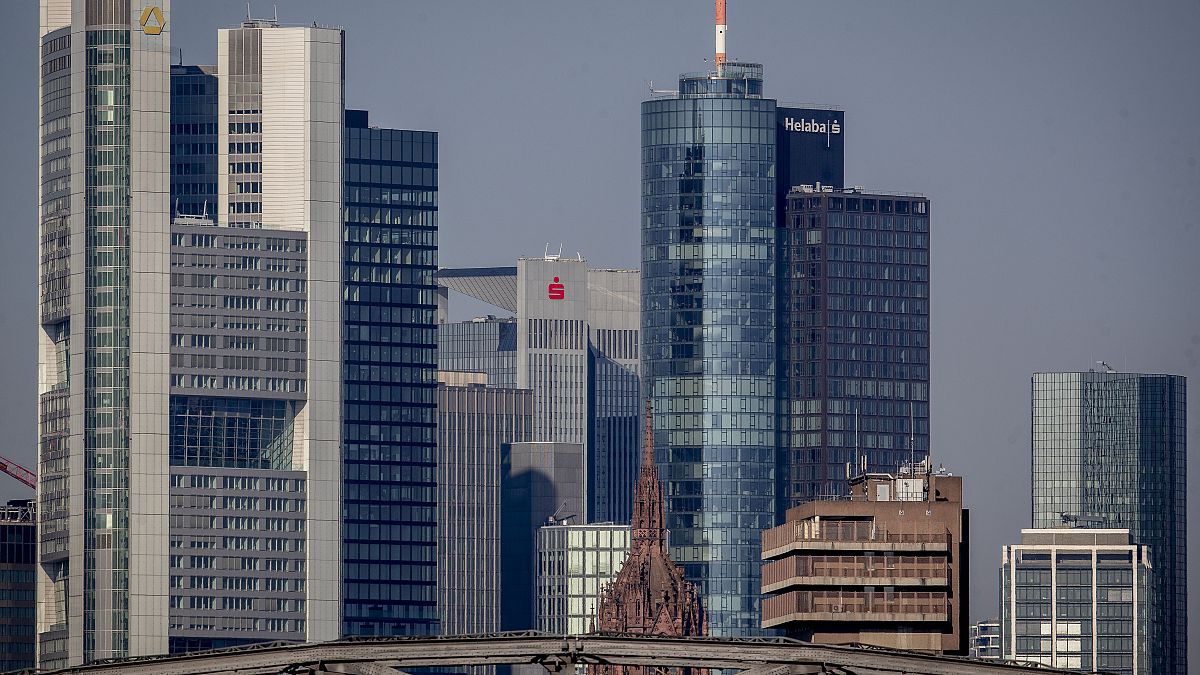Innocenzo Cipolletta, the president of the Italian Publishers Association, has stepped forward to defend Italy’s contentious presence at the Frankfurt Book Fair.
As the national guest of honour, Italy’s participation marks a significant moment, being the first such designation since 1988. This year, delegations from Italy have arrived at the 76th Frankfurt Book Fair, the oldest and largest book event in the world.
Leading the Italian delegation is Cipolletta, accompanied by Alessandro Giuli, Italy’s Minister of Culture, along with a host of the nation’s acclaimed authors. However, the inclusion of political figures from Prime Minister Georgia Meloni’s administration, coupled with the absence of prominent literary icons, has stirred debate and raised eyebrows.
The Legacy of the Frankfurt Book Fair
The Frankfurt Book Fair boasts a history exceeding 500 years, originating as a marketplace for handwritten books before evolving post-Gutenberg in the 15th century. The contemporary version of this prestigious fair was reinstated in 1949 following World War II, with the guest of honour concept beginning in 1976, allowing each chosen country to showcase a dedicated exhibition and literary programming.
By selecting Italy, the fair extends its legacy as Italy follows Slovenia, last year’s guest of honour. This marks a vital opportunity for Italian literature to gain renewed global visibility.
Attendees and Notable Absences
Among Italy’s representatives this year are keynote speakers Carlo Rovelli, a physicist and author, Susanna Tamaro, a prominent writer, and philosopher Stefano Zecchi. While the lineup includes some of Italy’s leading literary figures, the notable absence of Roberto Saviano has attracted significant media attention.
Saviano, known for his impactful work on Italian organized crime through his acclaimed book “Gomorrah”, has been at the center of death threats and police protection due to his writings. Initially excluded from the roster, Saviano’s omission was interpreted by critics as a governmental snub, especially following his conflict with the Prime Minister, who sued him last year.
However, Saviano has since confirmed his attendance at the fair upon the request of director Jürgen Boos. In response to his absence, Cipolletta clarified to Euronews Culture that Saviano’s initial exclusion was not politically motivated, reflecting the collective decisions made in the program assembly.
Cipolletta emphasized the importance of equity in selections, expressing regret over any misunderstandings and showing appreciation for Saviano’s eventual participation.
For his part, Saviano reflected on his attendance, stating, “I don’t think my presence in Frankfurt is a victory but a form of resistance.”
A Contemporary Literary Landscape
Looking back to Italy’s previous time as a guest of honour, many observed a zenith in Italian literature, with luminaries like Umberto Eco towering in the global literary landscape. The theme for this year’s fair, “Roots in the Future,” aims to honor Italy’s rich literary heritage while looking ahead.
Cipolletta noted an unprecedented surge in Italian publishing post-pandemic, remarking on the burgeoning presence of new authors narrating contemporary Italian tales. In the last two decades, Italy’s share of translation rights sold internationally has remarkably quadrupled.
Over 90 authors are participating in Frankfurt, which includes celebrated figures like Alessandro Baricco, Annalena Benini, Paolo Cognetti, and Francesca Melandri. Although not officially affiliated with the delegation, Saviano is slated to engage in discussions on “Literature & Politics. Writing in Illiberal Times”.
While many celebrate Italian literature’s representation, some authors have expressed concerns regarding perceived political biases in the fair’s programming, particularly the favorable representation of Meloni’s government.
Paolo Giordano, author of “The Solitude of Prime Numbers,” voiced his apprehensions about free expression in Italy, while Antonio Scurati highlighted his own experiences with state censorship, underscoring a climate of control affecting critical voices.
In response to these claims, Cipolletta reassured that every representative at the fair has the liberty to address any topic freely within Italy’s pavilion, which symbolically reflects civic engagement and discourse.
Leading the delegation is Minister of Culture Alessandro Giuli, acknowledged for his past comments supporting controversial leaders. Nevertheless, Cipolletta committed to maintaining the AIE’s independence in its operations and programming decisions.
“No opinion is forbidden, and in fact, diverse perspectives are encouraged,” he stated, reinforcing the essence of open dialogue at the fair.
Photo credit & article inspired by: Euronews



